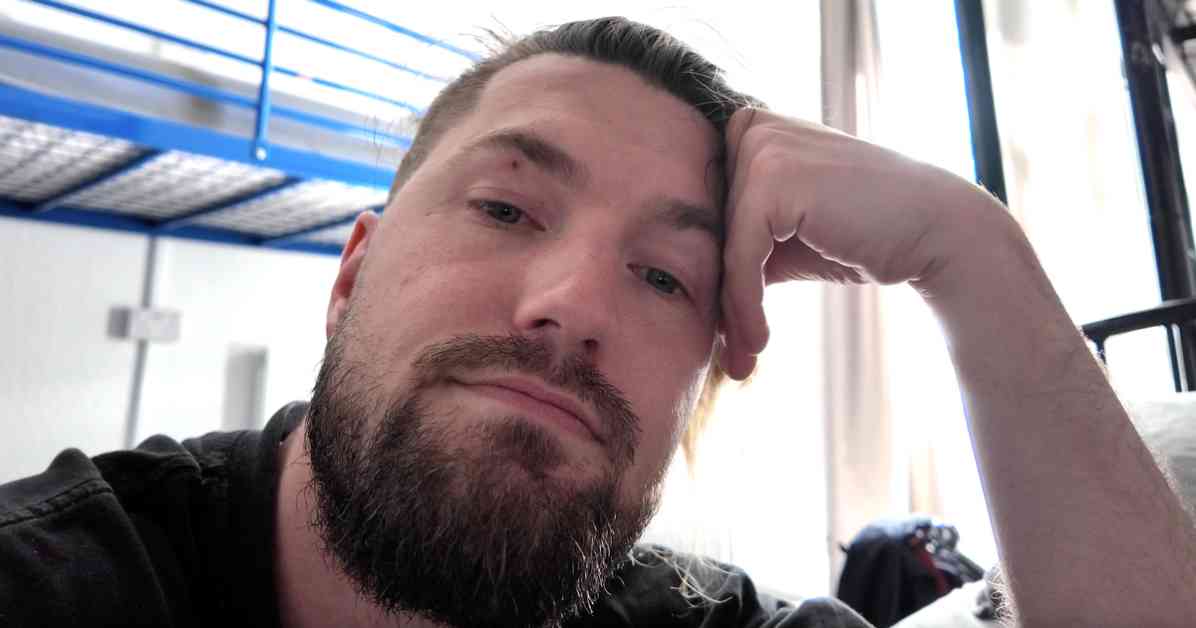The night started off like any other for Jacob Irwin-Cline, a 30-year-old American tourist in London. After a few drinks at The Roxy in Soho, he called an Uber to head back to his hostel. Little did he know, this decision would lead to a nightmare he never saw coming.
The Uber driver that picked Jacob up wasn’t who he thought he was. Claiming to be the driver Jacob requested, the man, named Mohammed, offered him a cigarette that was spiked with a mysterious drug. Jacob recalls feeling docile and passing out, only to wake up in a strange part of London with his belongings missing.
As if things couldn’t get any worse, Jacob discovered that $123,000 had been drained from his crypto accounts. His attempts to trace the transactions led him to believe that he was a victim of a well-organized scheme. The ordeal left Jacob physically injured and emotionally distraught, unsure if he would ever recover his stolen wealth.
Despite his best efforts to seek justice, Jacob faced roadblocks at every turn. From struggling to get toxicology reports to dealing with unhelpful authorities, his quest for answers seemed like a lost cause. With no insurance to cover his losses, Jacob pinned his hopes on the FBI’s cybercrime team, although he remained skeptical about the chances of recovering his money.
The incident raised questions about the safety of ridesharing services like Uber and highlighted the dangers of being targeted for financial gain. Jacob’s story serves as a cautionary tale for travelers and crypto investors alike, reminding us that even the most innocent decisions can have devastating consequences. As he navigates the aftermath of the ordeal, Jacob’s resilience shines through, proving that while money may come and go, survival is the ultimate victory.












